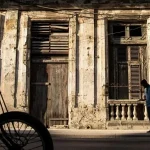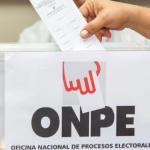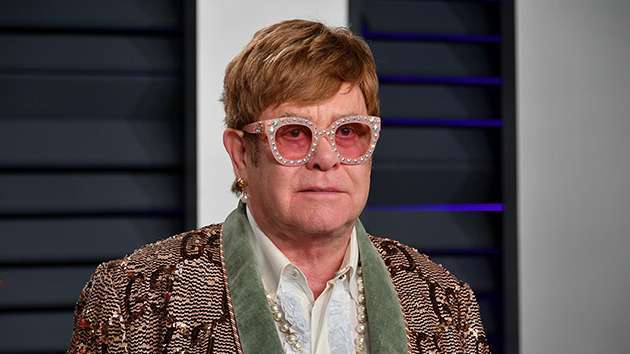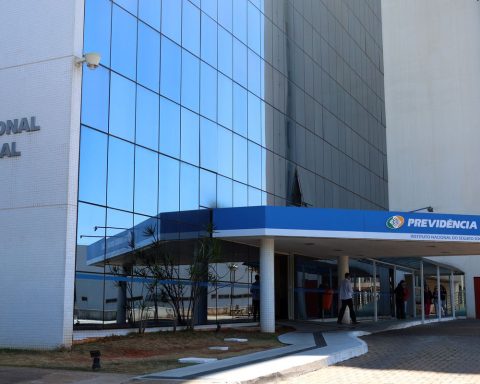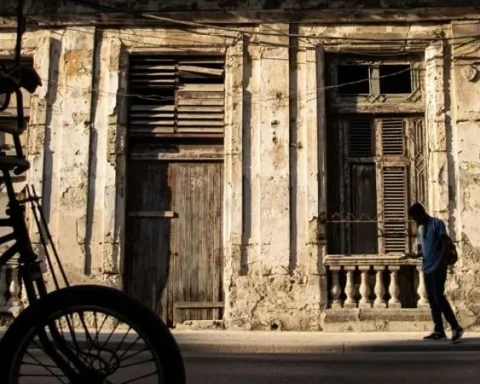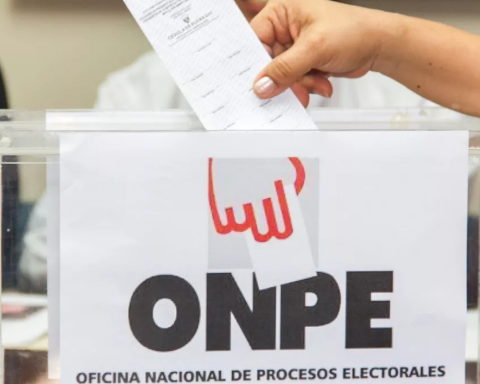The president of Cuba, Miguel Díaz-Canel, was re-elected this Wednesday without surprises for a second and final five-year term by Parliament, in the midst of the biggest economic crisis in three decades on the communist island.
Source: AFP
A 62-year-old electronic engineer, this solid cadre installed in power by Castroism will lead his second government in a context of scarcity and popular discontent on the island.
Upon taking office, he summoned his cabinet to “face obstacles and solve inefficiencies” to “increase the supply of goods and services and control inflation.”
his re-election It occurs after two years of an inflationary escalation of 39% in 2022 and 70% in 2021, unprecedented figures in the country since the triumph of the revolution in 1959.
The president, who has governed since 2018 and is the first civilian to take the reins of power after the mandates of Fidel and Raúl Castro, received 459 (97.66%) votes in favor of the 462 deputies present in the legislative session.
It may interest you: John F. Kennedy’s nephew runs for US presidency
“Taking into account the announced results, I declare elected Deputy Miguel Mario Díaz-Canel Bermúdez President of the Republic,” said Esteban Lazo, president of the National Assembly of People’s Power, before the plenary session and in the presence of the leader of the revolution, Raúl Castro.
In his traditional olive green uniform, Castro congratulated the president with a shake in both hands, who attended the appointment in a dark blue suit.
– “Unacceptable corruption” –
In the parliamentary session The Vice President of the Republic, Salvador Valdés Mesa, 77, who has held the position since 2019, was also re-elected.
In the conclave, to which only the state press had access and broadcast in parts on national television, Díaz-Canel ratified his cabinet almost in its entirety, with some exceptions. Earlier the Assembly also re-elected his board of directors.
The deputies voted directly and secretly for a single candidate for each position in this country where the opposition is illegal.
in his speech Díaz-Canel condemned “bureaucratism, indifference or unacceptable corruption” that slows down the country’s progress “in the midst of deep difficulties.”
Since 2018, when the current crisis began, Díaz-Canel accelerated a delayed economic reform that his political mentor Raúl Castro had initiated.
At the beginning of 2021, implemented a monetary reform that ended the artificial rate of one dollar for one Cuban peso that had prevailed for decades and caused great distortions in the national economy.
It also promoted self-employment and gave the green light to SMEs, but these measures proved insufficient to improve the economy.
Political analyst Arturo López-Levy points out that the Díaz-Canel government “has not made a complete and comprehensive transition to a mixed economy.”
“Some economic changes have not taken place, and others that have taken place have left a lot of skepticism about their implementation,” he estimates.
– Re-election “sung”-
The monetary reform additionally caused a strong devaluation of the Cuban currency that shot up the cost of living. The peso rose in two years from 24 to 120 units per dollar at the official rate, while on the black market it is quoted at 185 pesos per currency.
Cuba is going through its worst economic crisis in 30 years, with shortages of food, medicine and fuel, due, among other reasons, to the tightening of the US embargo, in force since 1962, and the effects of the pandemic.
“The challenge that we have set for ourselves is to defeat the blockade without waiting for it to be lifted,” said Díaz-Canel, after accusing the Joe Biden government of maintaining the suffocation policy of his predecessor, Donald Trump.
Also read: Canadian civil servants on strike over wages and telecommuting
For the opponent Manuel Cuestahis “re-election” was “sung” and it occurs “in the midst of a double crisis at an economic level: of the model and of the political competences of the State to direct appropriate solutions”.
One of the “few achievements” attributable to Díaz-Canel has been to lead “the transition to a regime headed by a new generation born after 1959 that does not bear the last name Castro,” considers Jorge Duany, an academic at Florida International University.
However, it highlights that his “biggest failure was the poor handling of the protests” July 2021, the largest on the island since 1959, which left one dead, dozens injured and more than 1,300 imprisoned, according to the Miami-based human rights organization Cubalex.
After the protests there was an unprecedented migratory exodus: more than 300,000 Cubans left the island in 2022 alone.








